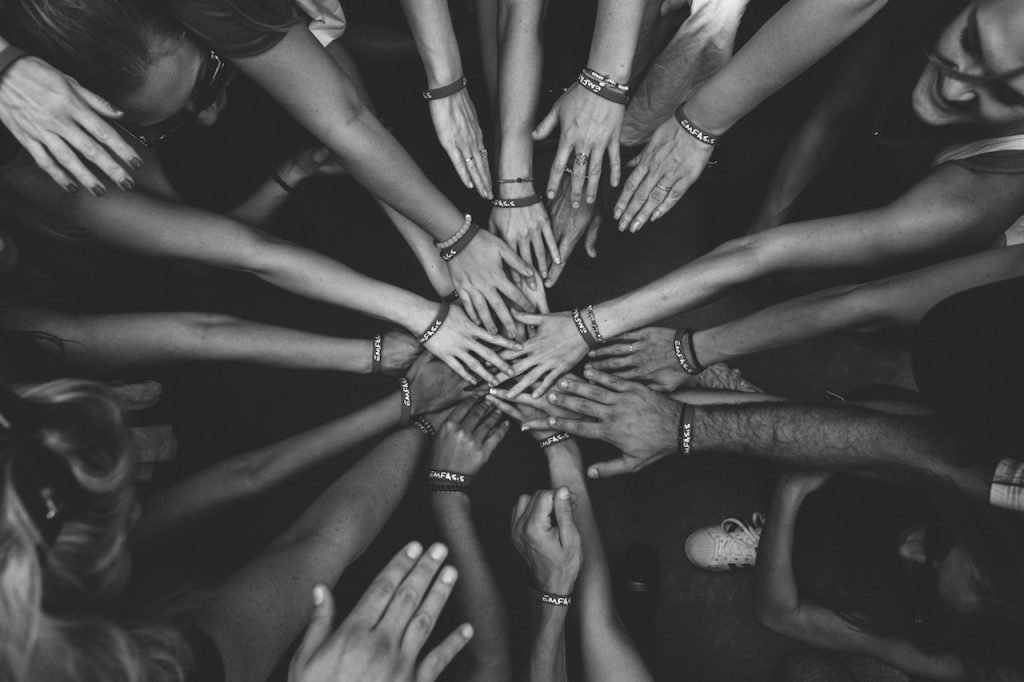Palestinian independence has not yet been recognized everywhere, and it is not a full member of the United Nations. As such, it is not by itself a party to any of the UN human rights agreements.
Palestine has, however, achieved the position of observer state at the UN, which means the right to speak at UN General Assembly meetings, but not to vote on resolutions. Israel has signed most of the human rights agreements. The agreements apply indirectly to Palestine due to the Israeli occupation.
According to an Amnesty International annual report, human rights violations are a part of daily life, both in the occupied territories and in Israel. Palestinians both on the West Bank and in Gaza enjoy imperfect freedoms of speech, movement and assembly, and also suffer from arbitrary detention and imprisonments.
From the viewpoint of supervising human rights, the current situation is problematic.
According to the report, torture and beatings of arrested people are still widespread problems. The death penalty also stands, and civilians are tried in unjust military courts.
Women and girls face discrimination both in practice and in legislation. The protection of women against gender-based violence is also imperfect.
The mobility of journalists is restricted.
From the viewpoint of supervising human rights, the current situation is problematic. If Israel and Palestine are one state, the human rights violations of Israel against the Palestinians are glaring.
If we look at them as two states, Palestine is not a party to any agreement, and its citizens cannot appeal against violations in any court. Additionally, in this case it can be noticed that the sovereignty of the state is constantly violated.
Reflection:
Do you think that Palestinians living under occupation have the opportunity to enjoy human rights? Why or why not?
Freedom of movement in the Palestinian territories
Based on reports by the International Federation of Journalists, Palestinian journalists are not able to travel freely in Israel. The Israeli authorities limit journalists’ movement between the West Bank and East Jerusalem, between the West Bank or Gaza Strip and Israeli territories, and even within the West Bank, at 505 military inspection points.
Both Palestinian press cards and International Federation of Journalists (IFJ) membership cards held by Palestinians are rejected, but these cards are recognised when held by Israeli journalists.
The International Federation of Journalists has launched campaigns and expressed its discontent over the current situation over the past fifteen years to try and persuade the Israeli authorities to recognise press cards issued in occupied Palestine.
Source: www.ifj-arabic.org/page-ifj-325.html
Reflection:
Why do you think freedom of movement is important for journalists?
Excerpts from the Palestinian basic law
Article 10
“Basic human rights and liberties shall be protected and respected. The Palestinian National Authority shall work without delay to become a party to regional and international declarations and covenants that protect human rights”. Article 14 “An accused person is considered innocent until proven guilty in a court of law that guarantees the accused the right to a defence. Any person accused in a criminal case shall be represented by a lawyer”.
Article 19
“Freedom of opinion may not be prejudiced. Every person shall have the right to express his opinion and to circulate it orally, in writing or in any form of expression or art, with due consideration to the provisions of the law”.
Article 32
“Any violation of any personal freedom, of the sanctity of the private life of human beings, or of any of the rights or liberties that have been guaranteed by law or by this Basic Law shall be considered a crime. Criminal and civil cases resulting from such violations may not be subject to any statute of limitations. The National Authority shall guarantee a fair remedy to those who suffer from such damage”.
Reflection:
Do you think that the Palestinian basic law is respected by all the citizens?
Keep Reading:
Human rights dilemmas; Censorship and self-censorship in Palestine
Go back to the beginning of this section.
This article was updated on January 20th 2020.




